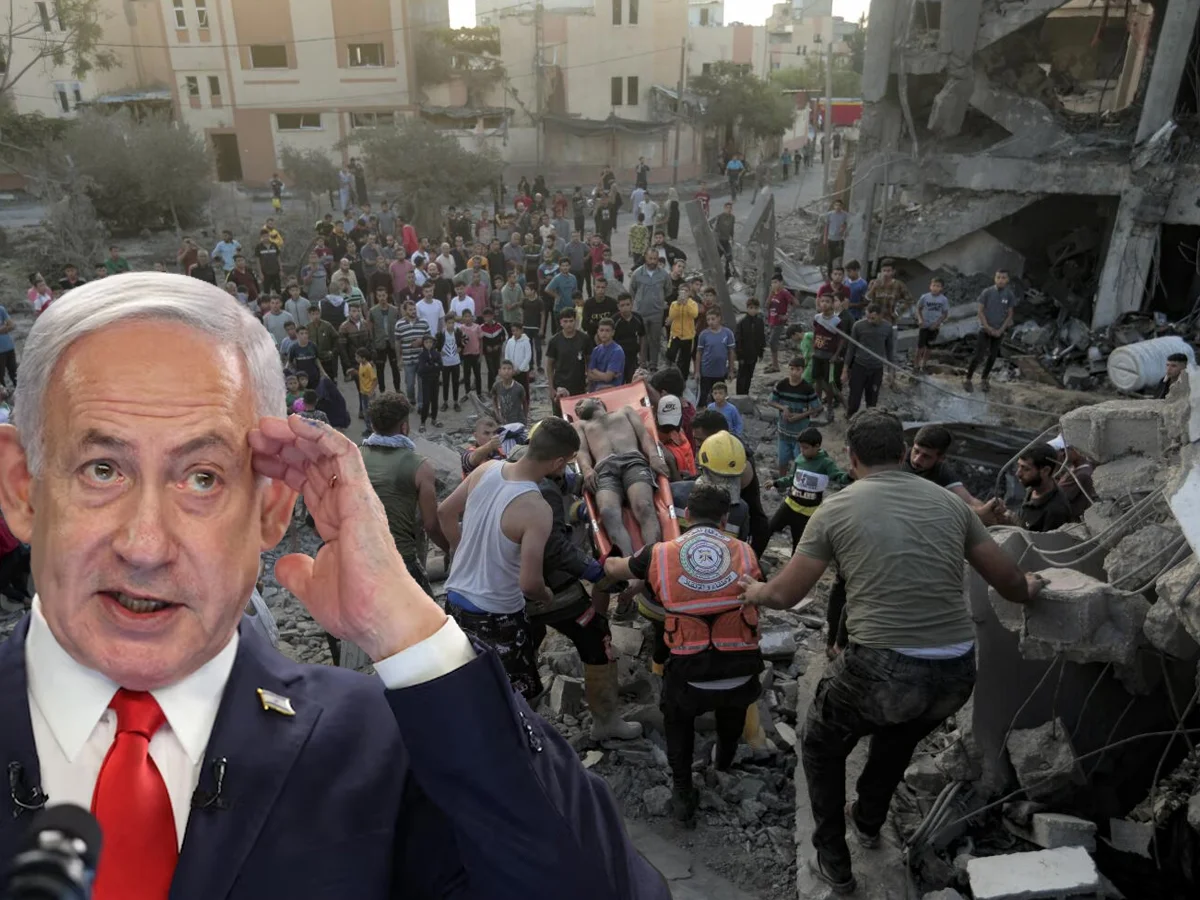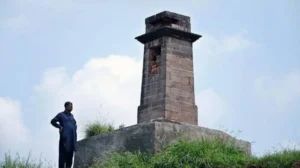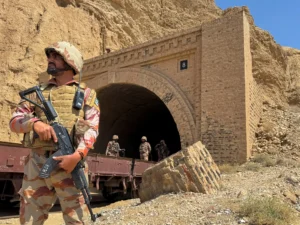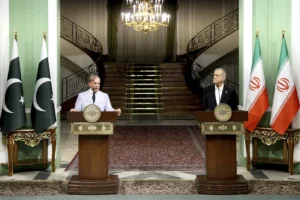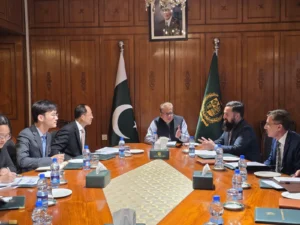The recent escalation in the Middle East has once again drawn global attention as Israeli Prime Minister Benjamin Netanyahu ordered immediate military strikes on Gaza. The strikes, launched on October 28, 2025, targeted areas near Shifa Hospital in Gaza City, resulting in casualties among Palestinian civilians and further destabilizing an already volatile region.
Strikes on Gaza and the Collapse of the Ceasefire
The strikes on Gaza mark a dramatic breakdown of the ceasefire agreement that had been in place since October 10, intended to facilitate hostage exchanges and humanitarian aid. Israeli officials stated that the decision to resume military action followed developments on the ground that they interpreted as violations of the truce, prompting Netanyahu to authorize what he described as “powerful and immediate” retaliation.
The timing of the strikes on Gaza is particularly significant. Just weeks ago, international actors, including the United States, hailed the ceasefire as a step toward de-escalation. Now, with renewed hostilities, the region teeters on the brink of a broader conflict. The Israeli government maintains that its actions are defensive, aimed at deterring further aggression from Hamas. However, the humanitarian toll continues to rise, with reports of civilian casualties and damage to critical infrastructure.
Hamas Responds and Regional Tensions Rise
In response to the strikes on Gaza, Hamas issued a strong statement condemning the Israeli offensive and warning of retaliatory measures. The group accused Israel of exploiting the ceasefire to regroup and launch surprise attacks, framing the strikes as a betrayal of diplomatic efforts. This rhetoric has inflamed tensions across the region, with protests erupting in parts of the West Bank and Lebanon.
The strikes on Gaza have also complicated the role of international mediators. The United States, which played a key role in brokering the original ceasefire, expressed concern over the renewed violence. While reaffirming Israel’s right to self-defense, U.S. officials urged restraint and called for both sides to return to dialogue. Vice President JD Vance stated that the ceasefire was “still holding despite skirmishes,” though the situation on the ground suggests otherwise.
Pakistan Calls for Restraint and Humanitarian Urgency
In response to the renewed strikes on Gaza, Pakistan has voiced deep concern over the escalating violence and its impact on Palestinian civilians. The Foreign Office issued a statement condemning the loss of innocent lives and urging all parties to exercise restraint. Pakistan reaffirmed its longstanding support for the Palestinian cause and called for an immediate cessation of hostilities, emphasizing the need for humanitarian access and protection of civilian infrastructure.
Islamabad also urged the international community, particularly the United Nations and OIC, to play a proactive role in de-escalating tensions and reviving dialogue. The strikes on Gaza, according to Pakistani officials, risk undermining regional peace efforts and further destabilizing an already fragile humanitarian landscape. Pakistan’s position reflects its consistent advocacy for a two-state solution and its commitment to upholding international law and human rights in conflict zones.
Humanitarian Fallout and Global Reactions
The humanitarian impact of the strikes on Gaza is already being felt. Hospitals, including Shifa, the largest in northern Gaza, have reported overcrowding and shortages of medical supplies. Aid agencies warn that continued military action could lead to a full-blown humanitarian crisis, especially if access to food, water, and electricity is further restricted.
Global reactions to the strikes on Gaza have been mixed. While Western allies have largely supported Israel’s security concerns, several international organizations and human rights groups have condemned the attacks, citing disproportionate use of force and civilian harm. The United Nations has called for an emergency session to address the deteriorating situation and explore avenues for renewed peace talks.
A Cycle of Violence or a Turning Point?
The latest strikes on Gaza raise urgent questions about the future of Israeli-Palestinian relations. Is this another chapter in a long cycle of violence, or could it serve as a turning point for renewed international engagement? The answer may depend on how both sides respond in the coming days. For Israel, the challenge lies in balancing security with diplomacy. For Hamas, it is a test of political legitimacy and strategic restraint.
Ultimately, the strikes on Gaza underscore the fragility of ceasefires in deeply entrenched conflicts. Without sustained international pressure and a commitment to dialogue, temporary truces risk becoming mere pauses between rounds of violence. As the world watches, the need for a durable and just resolution becomes ever more urgent.
Also Read: A Window for Peace in Gaza Must Not Be Allowed to Close

